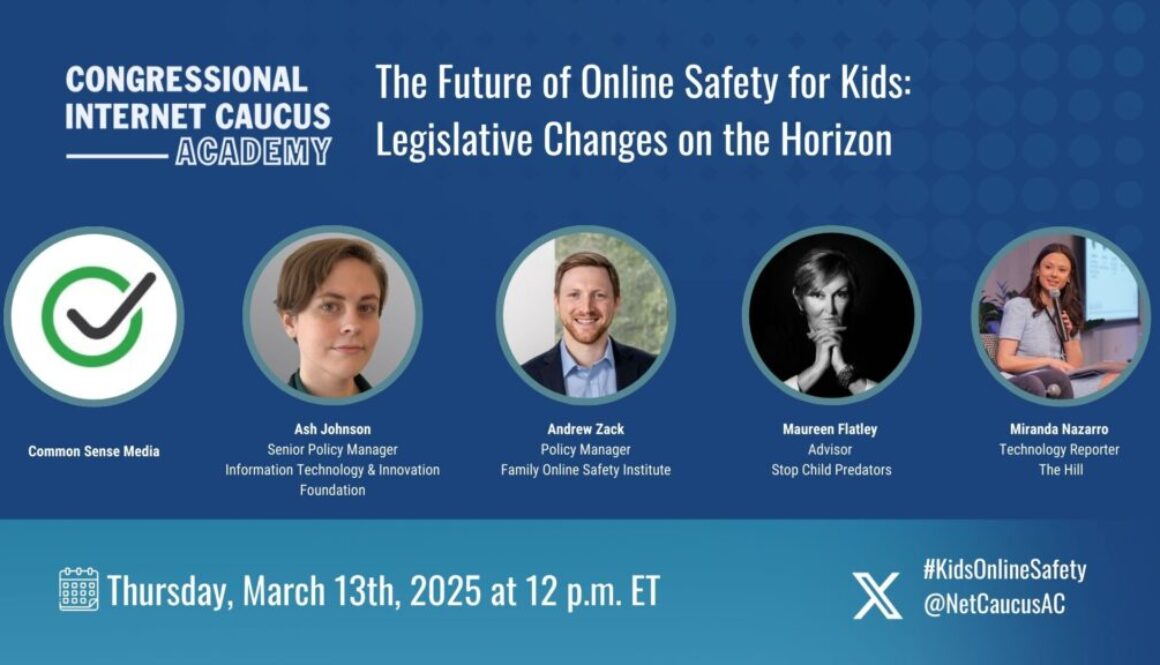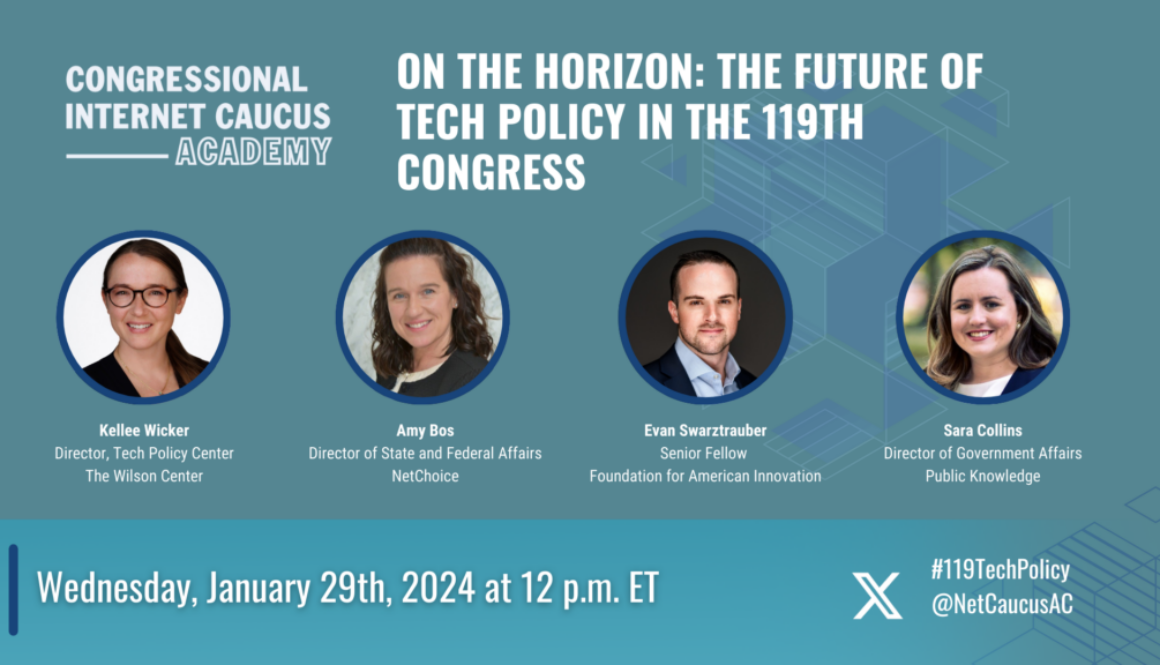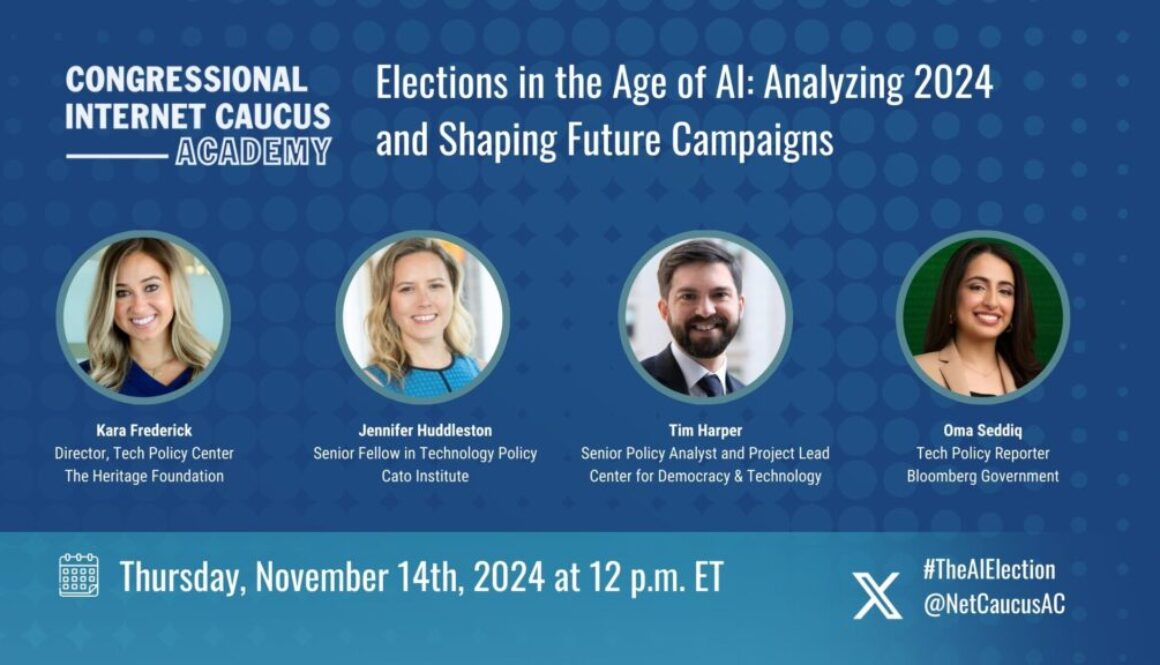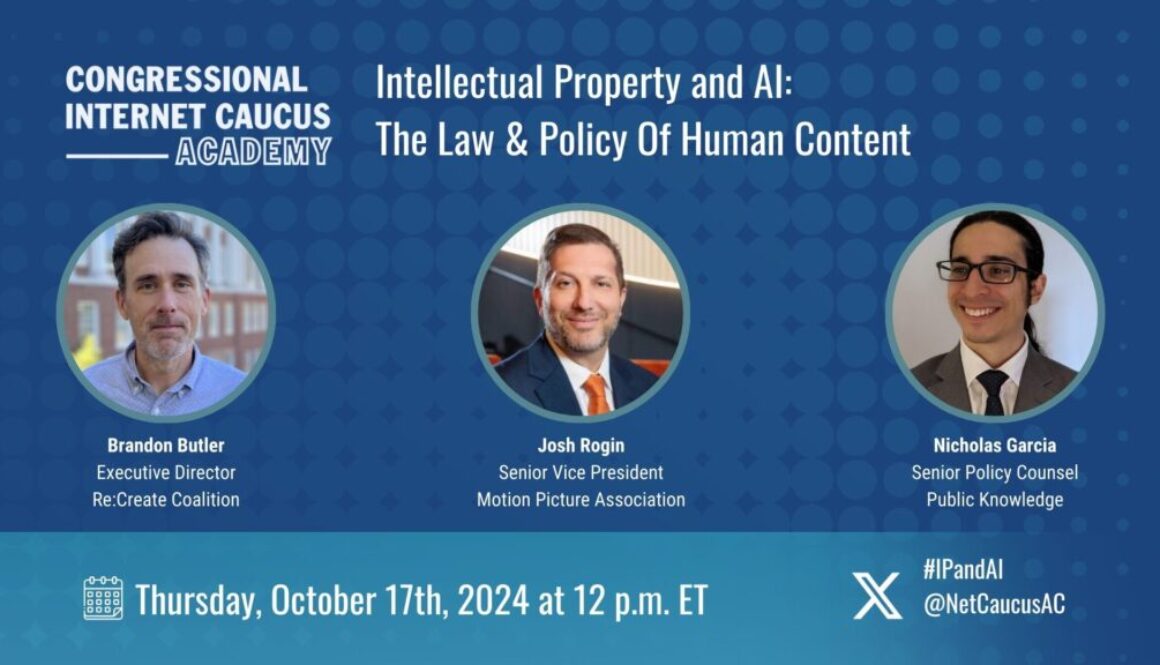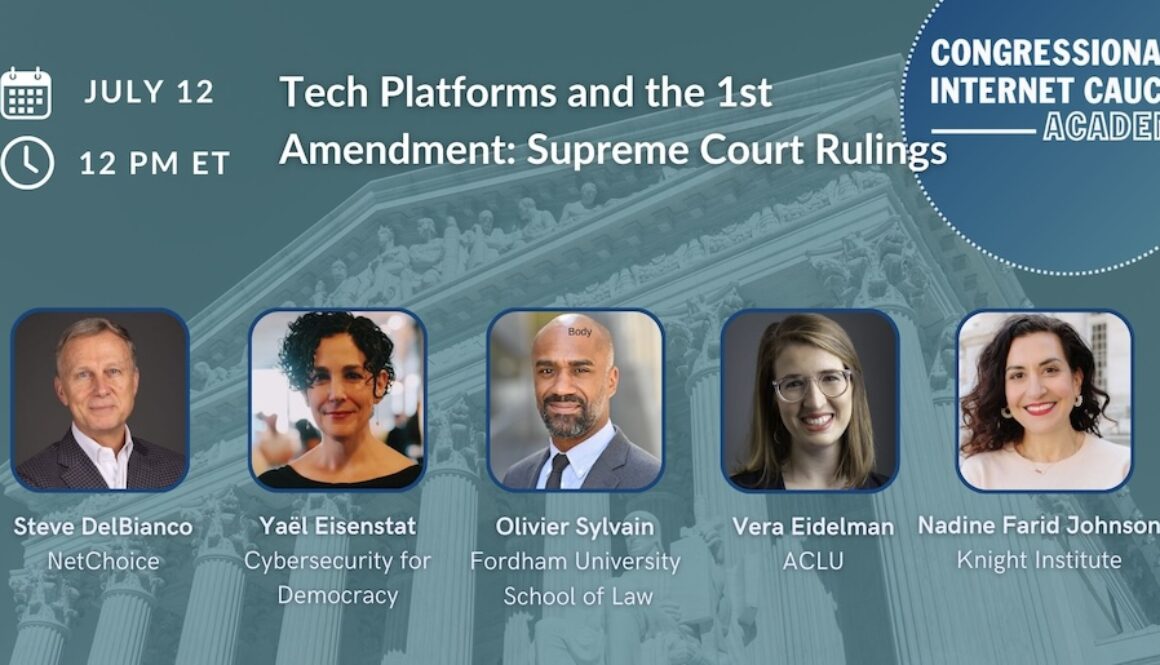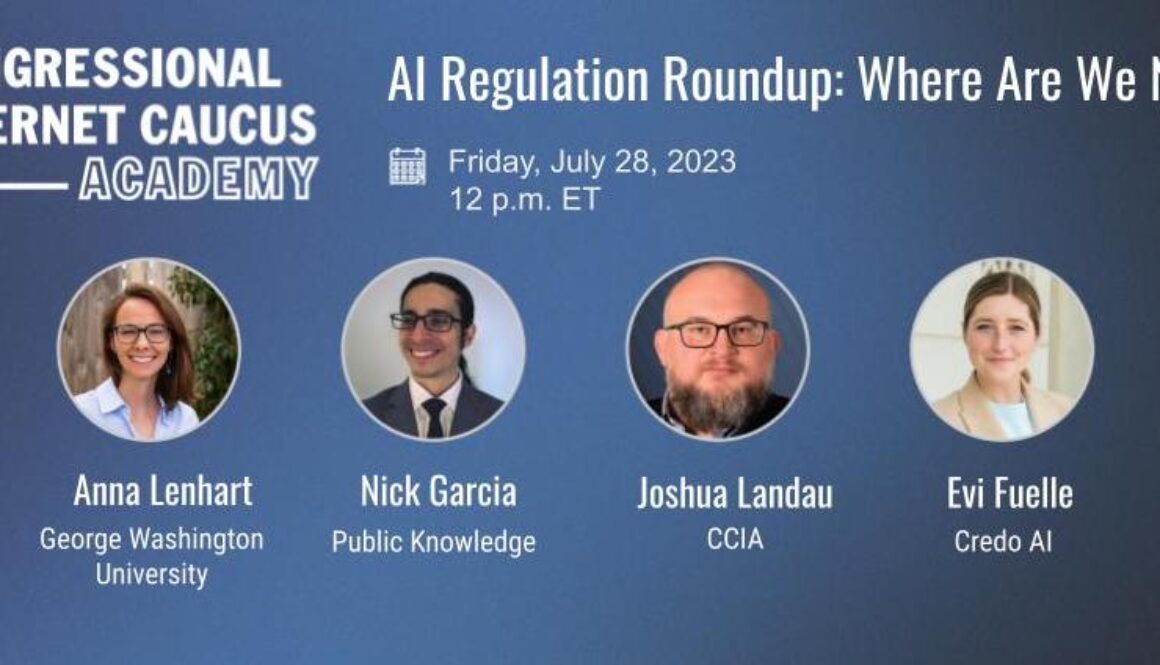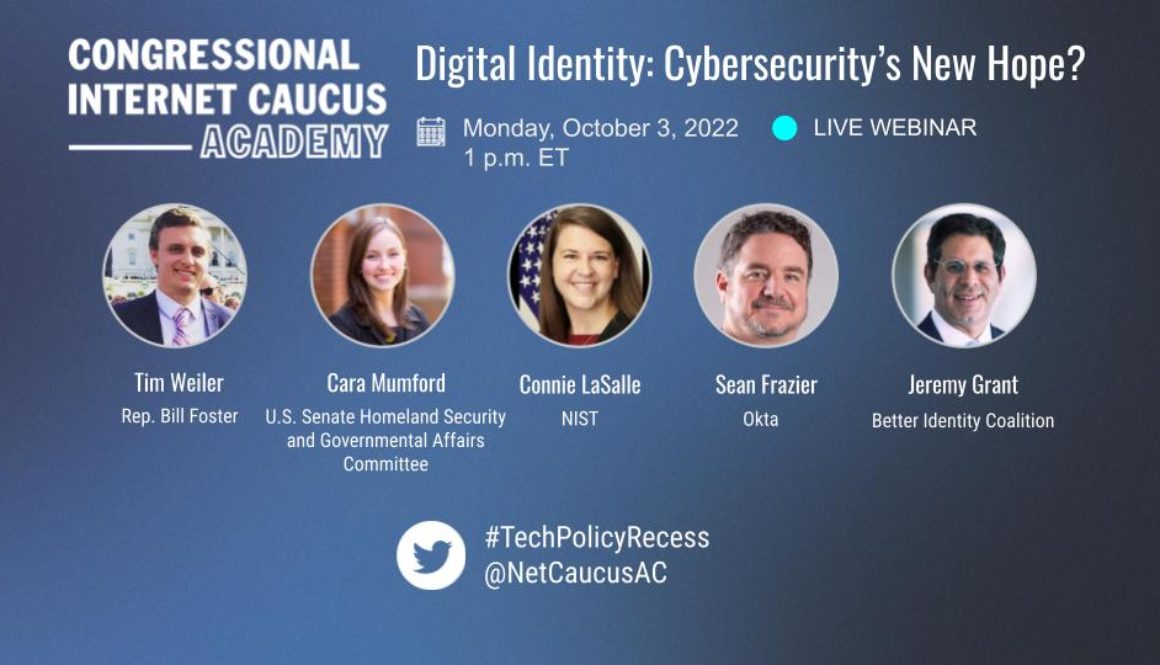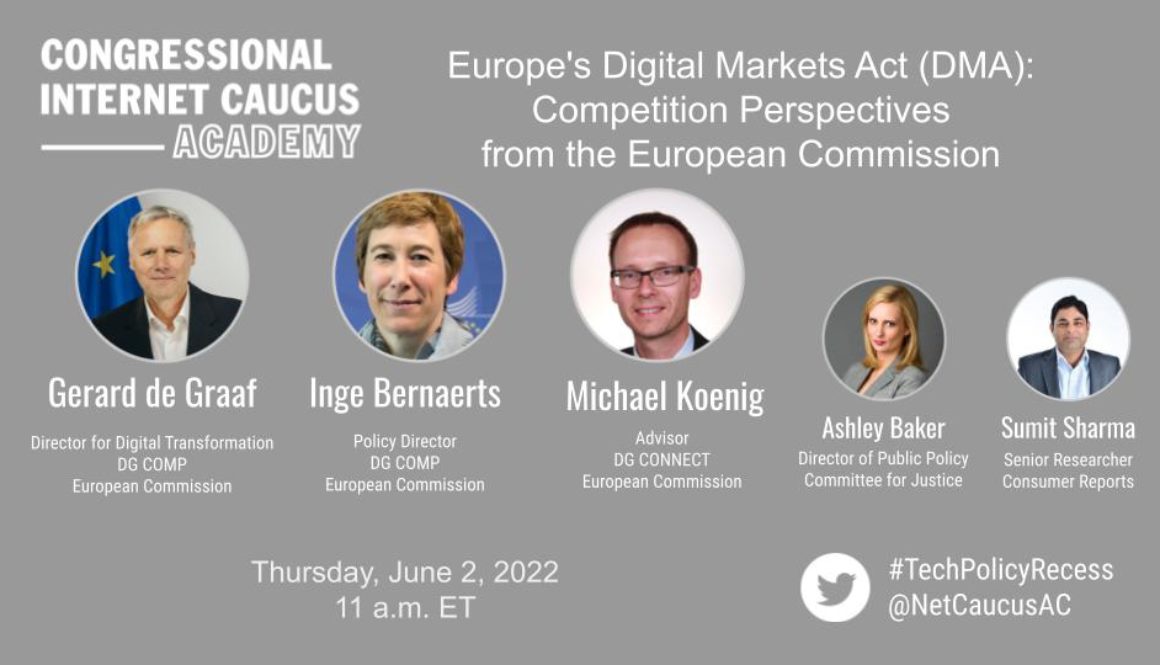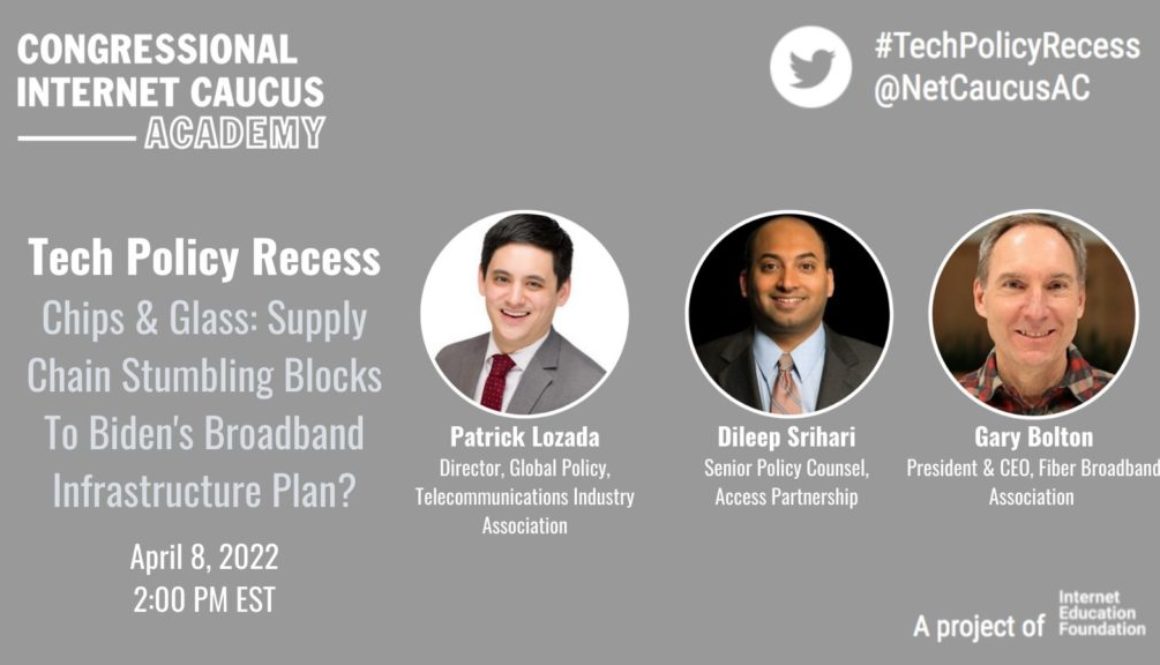Audio: The Future of Online Safety for Kids: Legislative Changes on the Horizon
This is audio from the March event on “The Future of Online Safety for Kids: Legislative Changes on the Horizon”
The Future of Online Safety for Kids: Legislative Changes on the Horizon
SPEAKERS
- Maureen Flatley, Stop Child Predators
- Common Sense Media
- Ash Johnson, Senior Policy Manager, Information Technology and Innovation Foundation
- Andrew Zack, Policy Manager, Family Online Safety Institute
- Miranda Nazzaro, Technology Reporter, The Hill (moderator)
Despite multiple attempts over the last several sessions, Congress has been unable to enact legislation aimed at protecting children online. What does the future look like for KOSA, COPPA 2.0, and KOSMA? What other ideas are being looked to to protect kids online? Experts will examine current legislative proposals, their potential to reshape privacy, platform accountability, and digital safety, and the future trajectory of online protections for kids.
Date: Thursday, March 13, 2025
Time: 12:00 PM – 1:00 PM ET
Location: Rayburn House Office Building (Room 2168) or Virtual

